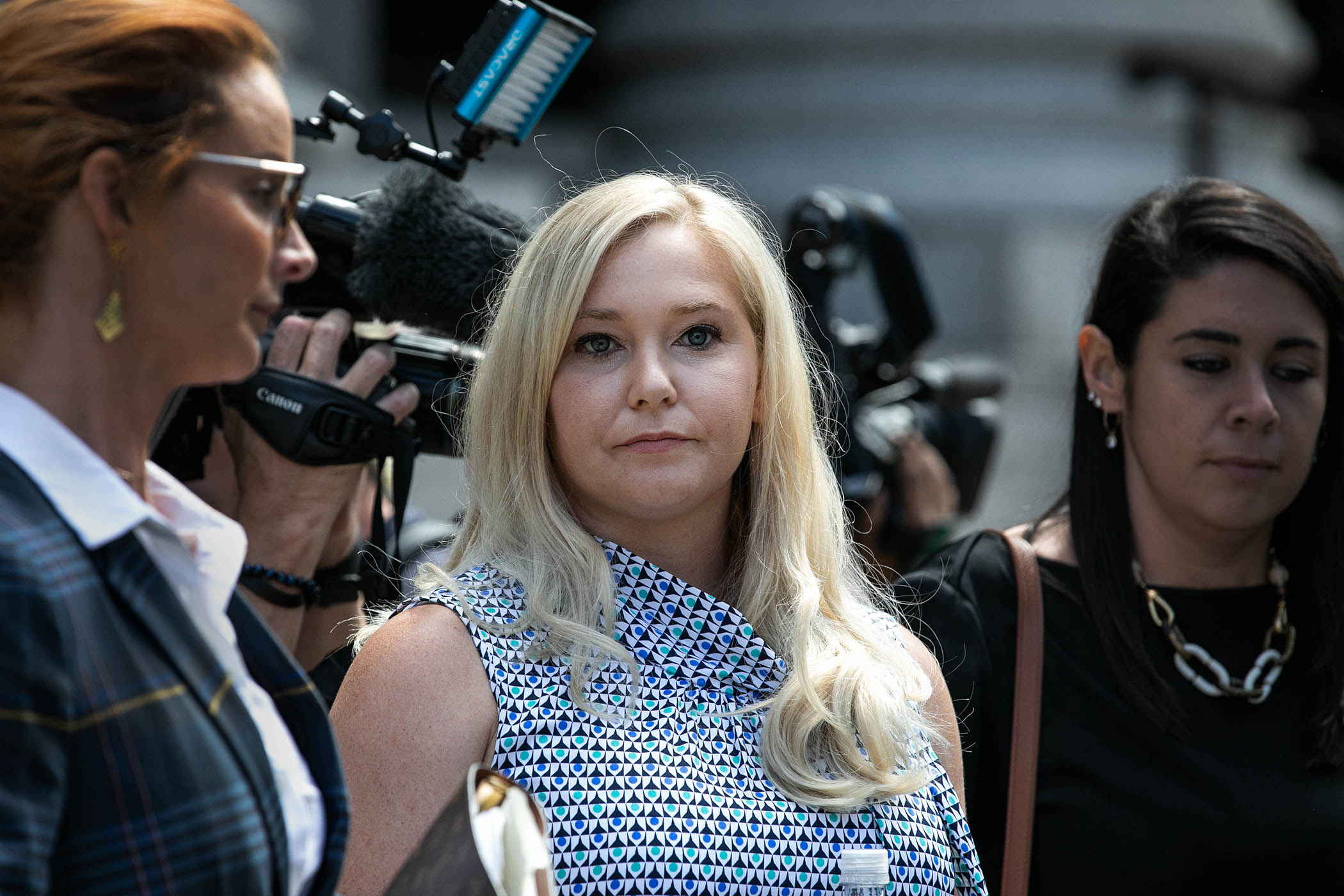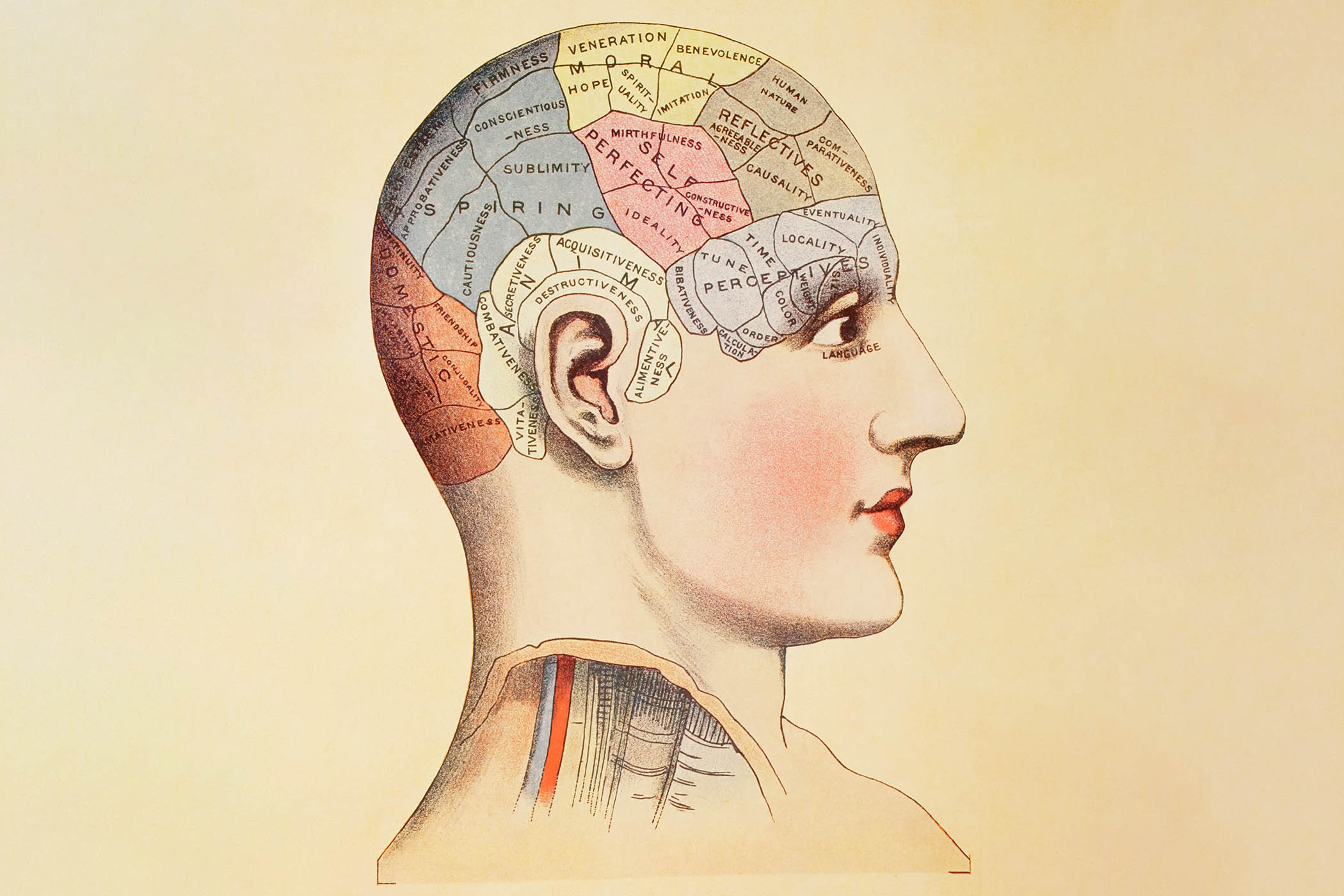Before her death by suicide in April 2025, at the age of 41, Virginia Roberts Giuffre had spent four years working with journalist Amy Wallace on the memoir Nobody’s Girl, Giuffre’s first-hand account of sexual abuse and trafficking, most notably at the hands of Jeffrey Epstein and Ghislaine Maxwell.
In a detailed preface, Wallace clarifies Giuffre’s motives for wanting to make her story public: “She believed that her story would help other people – not just survivors of Epstein’s cruelty, but any person, male or female, who’d ever been coerced into sex against his or her will.” Wallace also explains how she attempted to corroborate details of Giuffre’s allegations, particularly those dating from early childhood, and she shares an email sent by Giuffre on 1 April and copied to Giuffre’s publicist, which states: “In the event of my passing, I would like to ensure that Nobody’s Girl is still released. I believe it has the potential to impact many lives and foster necessary discussions about these grave injustices.”
It’s an important inclusion, not least in forestalling any accusation that publishing such an intimate account in the aftermath of its author’s self-inflicted death is one more instance of exploiting her. Wallace offers a limited right to reply here – she publishes the response of Giuffre’s father, who denies his daughter’s accusations of childhood abuse, and her mother, who claims she “had not had any knowledge” of the alleged abuse at the time. Wallace also reaches out to Giuffre’s husband Robbie, who was publicly accused of domestic violence by Giuffre only three weeks before her death (his lawyers declined to comment, citing ongoing legal proceedings).
Previously, Wallace writes, Giuffre had told her that she wanted to omit a chapter that referred to an earlier incident of abuse by her husband, but her 9 April statement to People magazine – “After my husband’s latest physical assault, I can no longer stay silent” – allows Wallace to reference the abuse in the context of Giuffre’s suicide. (Wallace quotes one study that suggests women who have suffered childhood abuse are up to 15 times more likely to experience domestic violence in adult relationships than those who have not.) This knowledge also casts a pall over every subsequent mention of Robbie in Giuffre’s account, where she often talks about her husband in glowing terms as her rock and support.
The most sensational details of Giuffre’s dealings with Epstein and Maxwell have been circulating in the public domain since 2011, most obviously her allegation that she was trafficked to and forced to have sex with Prince Andrew on three separate occasions (allegations he continues to deny). By retelling the story from her own perspective, she cuts through the salacious details that became the stuff of tabloid headlines – orgies with underage girls on Epstein’s private island (Giuffre describes one when she was around 18 – “I’ll probably never know the date for certain” – with Epstein, Andrew and “approximately eight other young girls”), exotic locations and private jets – and shows the reader the stark truth of who she was then: a skinny, neglected teenager, survivor of multiple assaults and rapes since the age of six, manipulated into prostitution by a woman she refers to as “an apex predator”. “In too many media accounts, descriptions of Epstein’s over-the-top lifestyle have fuelled the perception that the girls Epstein victimised were lucky to find themselves in such surroundings,” she writes. “I don’t want to add to that degrading narrative.”
She was a skinny, neglected teenager, survivor of multiple rapes and assaults since the age of six
She was a skinny, neglected teenager, survivor of multiple rapes and assaults since the age of six
She also addresses the accusation that she must have stayed in Epstein and Maxwell’s orbit by choice, making the point – echoed by Lucia Osborne-Crowley in her book about the trial of Maxwell – that young women who are abuse survivors are vulnerable to precisely this kind of manipulation. “We were girls who no one cared about, and Epstein pretended to care.” Later on, she observes, “I was groomed to be complicit in my own devastation.”
The first part of the book is a difficult and painful read, packed with relentless detail about what was done to Giuffre by so many men who believed themselves entitled to pass her around like “an unloved toy”. “In my years with them, they lent me out to scores of wealthy, powerful people. I was habitually used and humiliated – and in some instances, choked, beaten, and bloodied. I believed that I might die a sex slave.” Frequently, she addresses the reader directly, to assure us that she understands our reluctance to read on: “I know this is a lot to take in. The violence. The neglect. The bad decisions. The self-harm. Imagine if a trauma reel like this played in your head all the time, as it does in mine, and not just on the pages of a book you can put down if you need to, just for a moment, to steady your nerves. But please don’t stop reading.”
It’s worth persisting, because the second half of the book is a testament to Giuffre’s courage in fighting back. After Epstein was first investigated in 2007 and managed to evade serious consequences with a plea bargain and a short jail sentence, Giuffre had a realisation: “It was time for me to stand up.” Her testimony was crucial to the case against Epstein and Maxwell, and she endured threats and smear campaigns to see it through. The ripples are still spreading outwards. It is a personal triumph that she chose to speak up, and a tragedy that doing so came at such a cost.
Nobody’s Girl: A Memoir of Surviving Abuse and Fighting for Justice by Virginia Roberts Giuffre is published by Doubleday (£25). Order a copy from The Observer Shop for £22.50. Delivery charges may apply
Editor’s note: our recommendations are chosen independently by our journalists. The Observer may earn a small commission if a reader clicks a link and purchases a recommended product. This revenue helps support Observer journalism
Photography by Getty Images
Newsletters
Choose the newsletters you want to receive
View more
For information about how The Observer protects your data, read our Privacy Policy


